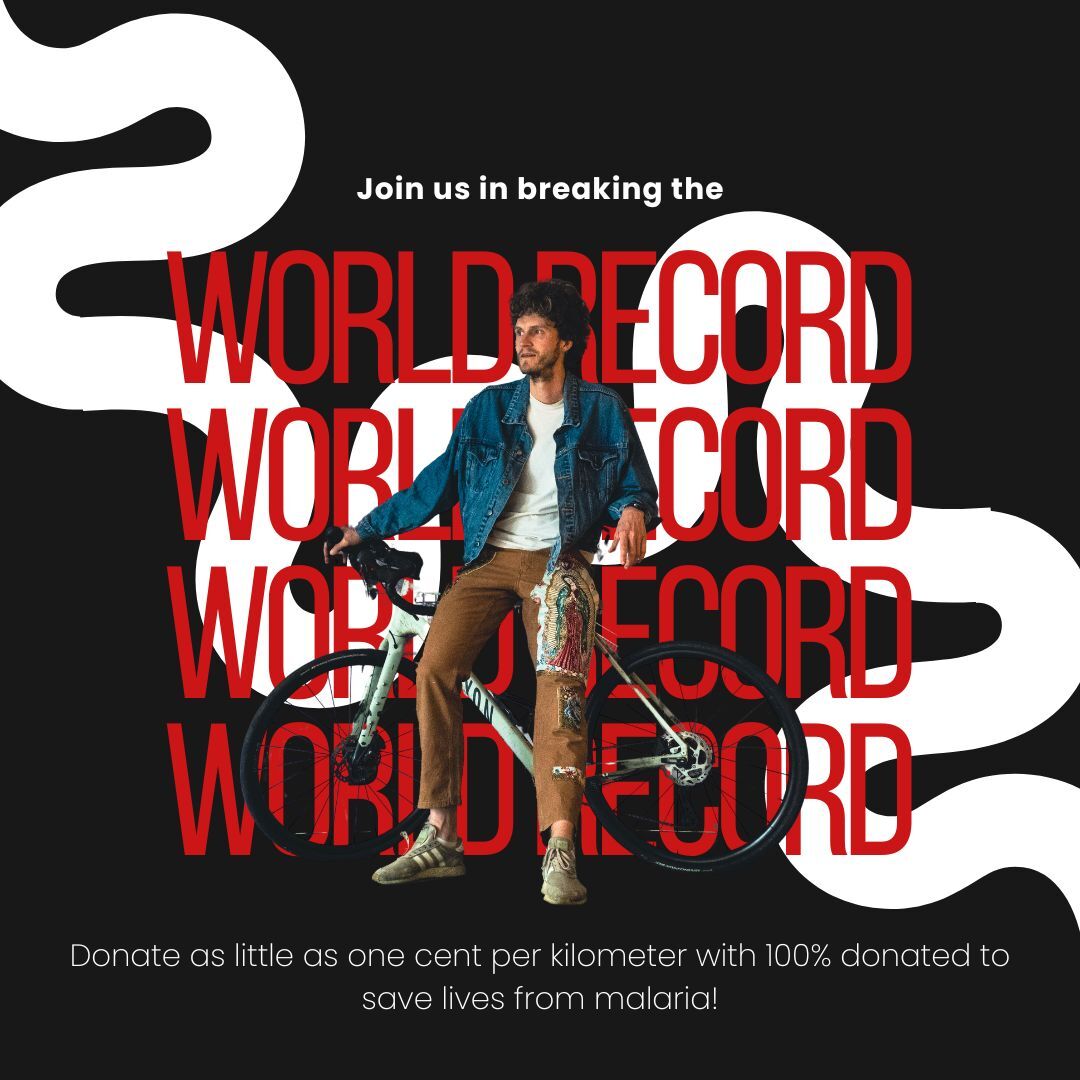Last week I read a short story called ‘The Strange Library’ by Haruki Murakami about a young man who goes to the local library to find out how taxes were collected in the Ottoman Empire. It doesn't aim to provide answers but rather incite discussion. After conversing with my Cypriot father on the possible meaning of this ambiguous story, he told me of a Turkish proverb which provided motivation for this post:
Ateş düştüğü yeri yakar.
Fire burns where it falls.
For me, this proverb captured the immediacy and intensity akin to a spiritual experience. Religious philanthropists from West to East, from Annie Besant to Setsuzo Kotsuji, described their experiences in similarly powerful ways. According to Sarvepalli Radhakrishnan, the second President of India, "Hinduism is not just a faith. It is the union of reason and intuition that cannot be defined, but is only to be experienced”[1]. Likewise, C.S. Lewis in his autobiography ‘Surprised by Joy’ said, “I gave in, and admitted that God was God, and knelt and prayed: perhaps, that night, the most dejected and reluctant convert in all England”[2]. This isn’t exclusive to religion – I think this encapsulates the spirit of charity.
The decision to give a percentage of your income to charity is not a fiscal or necessarily religious decision. It is subjectively powerful, just like it is to ‘live below the line’ for a week. In-fact, Peter Singer emphasises how it is a reason based approach with his “logical argument from plausible premises to the same conclusion”, arguing that “If it is in your power to prevent something bad from happening, without sacrificing anything nearly as important, it is wrong not to do so”[3] .
I see the immediacy of charity to be equally direct and personal, but different – not an overwhelming encounter but democratic and equitable.
Fire can cause great harm, but it’s an agent of life as much as destruction. Pain is suffered most by one who has experienced it, as the proverb implies, but fire can also kindle passion to help others. An invisible fire falls everywhere but we only see it in the wrong places. Where it falls in places of great poverty, it burns, destroys and causes pain to many. Where it falls in places of abundant resources it can act as fuel for a new purpose, to save lives through responsible and reason-based charity. This charitable act often helps the effector even more than the affected. Charity is a two-way life-affirming act. Those who seek to aid others are habitually rescued by the very people they try to save.
How do we allow other people to access this fuel? There is a ‘case for bragging’ and ‘communicating openly’ as Thomas Sittler has shown, but how can the individual find that fire for themselves? Humanity needs a slow, gentle walk outside its comfort zone, and we can help our friends to access its life transforming potential by stepping out of the comfort zone with them.
So where does the quest of Murakami’s alienated young man fit in to all of this? Well, the Ottoman Empire’s system of tax farming, iltizām, was very complicated and a constant problem. They had to hire Mültazim, tax collectors, throughout the empire, causing the poor to disproportionately suffer through unfair tax burdens. Before this age of mass communication, before we were aware of the propinquity of the suffering of others, before there were libraries of information at our disposal, there was justification for not acting to help. But now the world is smaller, so when fire falls on people in a distant land that fire burns us too.
It’s not just easier to collect taxes; it’s easier to change lives.



